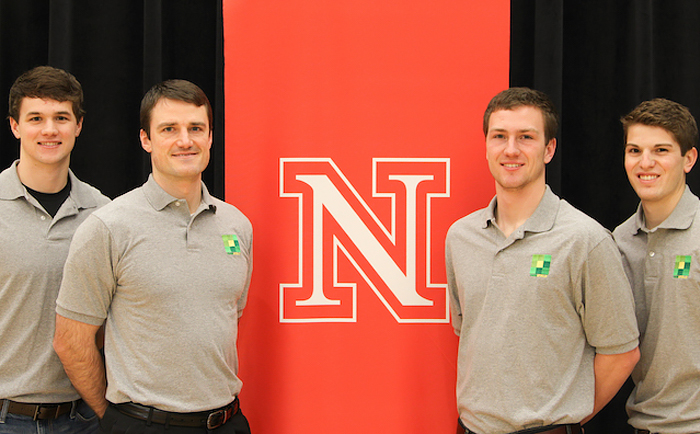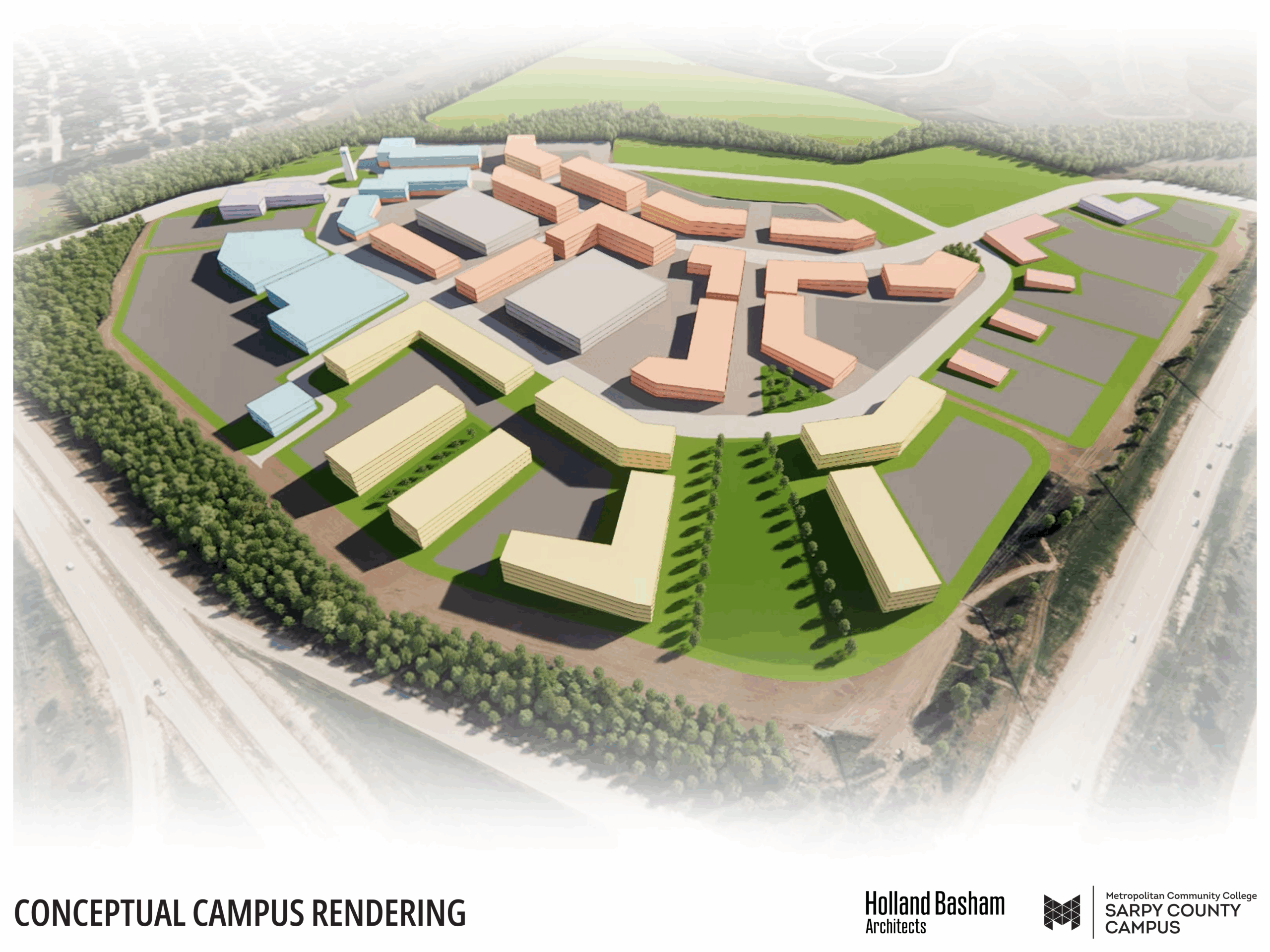
Farmers and ranchers will sometimes enter into handshake agreements with neighbors or family members for a financial stake in each other’s crops or livestock. Lincoln ag tech startup FarmAfield is developing a platform to scale that concept and increase the amount of investment capital available to producers.
“Usually you’ll see these relationships in a small radius around the farm or ranch,” said Co-Founder Matt Foley. “We will provide a streamlined platform that gives anyone a chance to browse available openings and make that transaction happen. A grain farmer can remotely own cattle.”
How FarmAfield helps farmers
The platform will also include risk assessment and management tools available to producers at no charge.
“We want to give farmers the whole financial analysis of how this will help their bottom line,” Foley said. “It’s a real benefit if you can hedge your bets instead of going all in on corn or soybeans. Maybe there’s a little profit to be made in cattle.”
Foley envisions the possibility that some transactions may be very small.
“Something we’ve pitched is maybe there are some college kids that grew up in a small town, moved away and want to have a $50 partial ownership in a cow,” he said. “Some city kid from Chicago might want to put $15 in cattle and watch it grow.”
The platform will also include a feedback feature.
“Farmers have never had a platform to do the contract, the relationship, and build in a feedback feature,” Foley said. “If you’re buying a car, do you trust the salesman or hundreds of reviews?”
Developing the Platform
There are some trial transactions underway, but the primary platform is still in development. The work is accelerating with support from a Phase I SBIR grant from the National Science Foundation.
“The National Science Foundation supports small businesses with the most innovative, cutting-edge ideas that have the potential to become great commercial successes and make huge societal impacts,” said Barry Johnson, Director of the NSF’s Division of Industrial Innovation and Partnerships in a news release. “We hope that this seed funding will spark solutions to some of the most important challenges of our time across all areas of science and technology.”
Some thought is being given to marketing and promotion once the platform is launched. But the current focus is on development.
“Not a dime of the Phase I grant can be spent on marketing, only research and development,” Foley said. “Phase II is commercialization.”
FarmAfield plans to pursue that Phase II SBIR grant later this year. In the meantime, there are some ideas under consideration to begin building the customer base.
“Maybe some real small micro-transactions for free so farmers can see how the process works,” Foley said. “The risk analysis portion will be completely free. A farmer can see how annual income could increase with some ownership in cattle.”
From students to business owners
The idea for FarmAfield originated with Mitch Minarick while he was a grad student in Illinois. He reached out to his brother Andrew, Brennan Costello and Foley, and the business was initiated in the spring of 2015 while the co-founders were still students at the University of Nebraska-Lincoln.
“We’ve had a lot of cool experiences,” Foley said. “We went to Switzerland as a finalist in the Thought for Food Challenge. Last month we traveled to Thailand to present on scalable business models.”
Foley gives considerable credit to University of Nebraska-Lincoln for their success so far.
“I want to give a shout-out to the University, especially the Engler Program and the Center for Entrepreneurship,” he said. “We’re fortunate to have a solid team around us.”
“Three years ago I’d never have guessed we’d be where we are and visited the places we’ve been,” he added.
—
Rod Armstrong is Vice President of Strategic Partnerships for AIM in Lincoln, Nebraska. He is a regular contributor to Silicon Prairie News.




